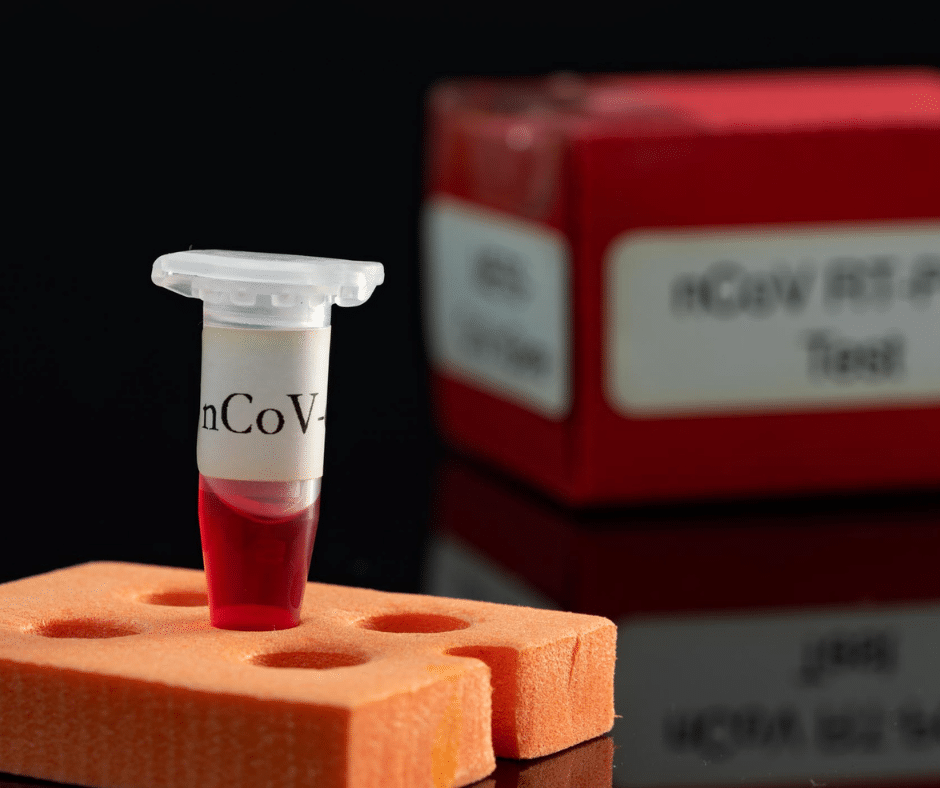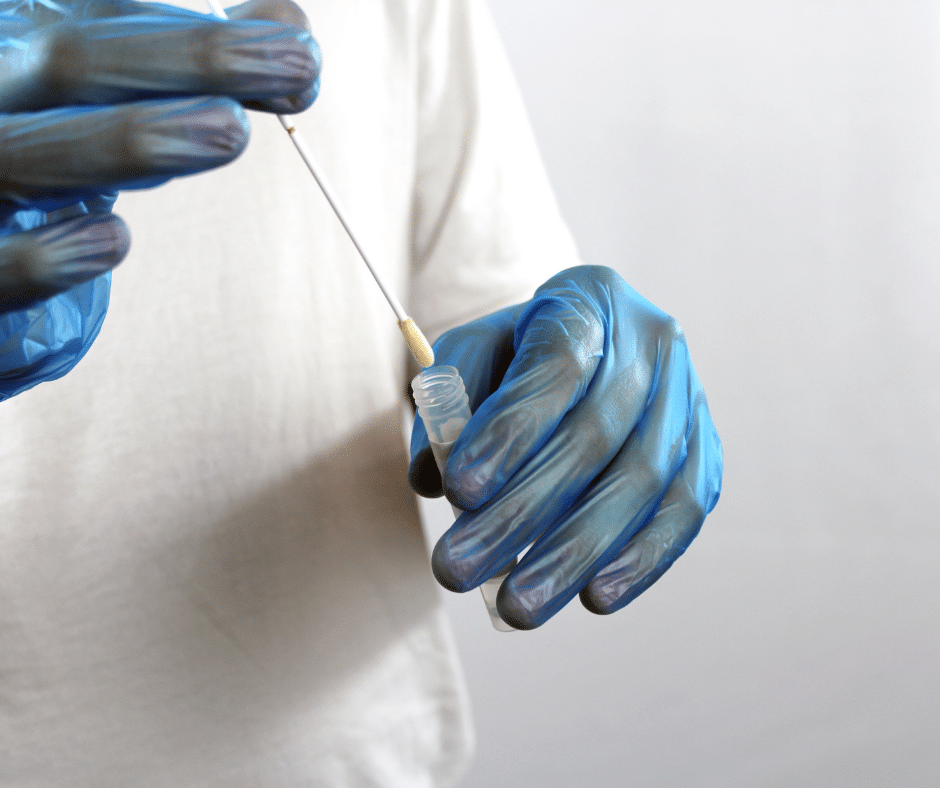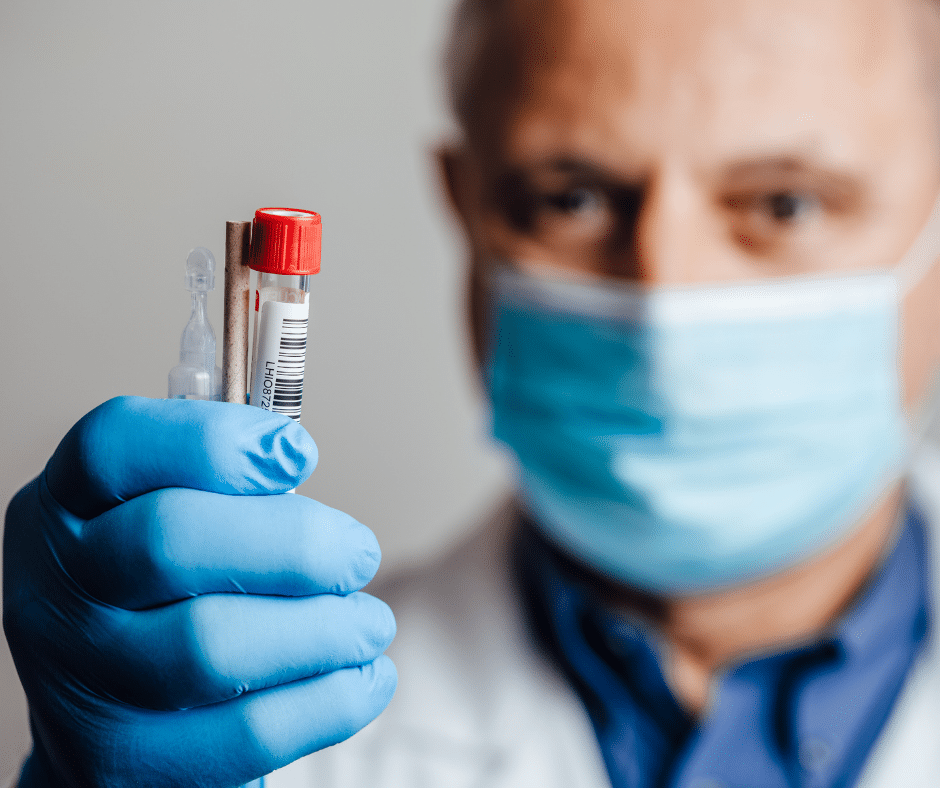When it comes to RNA testing, you usually think about the time after getting a result and deciding what to do next. But there is another side of the road- PCR is not just about testing someone’s blood or saliva. It can also be used as a prior investigation method to determine whether an alleged source actually belongs to a certain outbreak.
The difference between a PCR test and a serological one is that the result of the former provides direct evidence of virus (or bacteria) presence in sampled material, while results from serology tests may be based on various indirect data.

They can only suggest whether antibodies specific for a particular infectious agent were present in the tested blood sample; however, they cannot determine whether the virus (or bacteria) was really isolated from the source.
First of all, if you are positive for a particular infectious agent in the PCR test, then you definitely had contact with that pathogen not too long ago; it is infeasible to infer that you have been exposed to this infection months or even years before.
Secondly, if a sample is proven negative, it also means that the alleged source has not yet been exposed to the infection.
PCR testing of an alleged outbreak source is mostly used to investigate disease outbreaks or cases linked to exposures in certain geographical areas.

Here are some example scenarios:
a) A traveler returns from a country where an outbreak was reported and shortly after becomes ill with a similar symptomatology. In this case, PCR testing of an alleged source may help to identify the infectious agent and establish how it arrived in the U.S.,
b) A group of people become sick after attending a common event or visiting a certain place, then develop symptoms that suggest exposure to a particular pathogen.
In this case, PCR testing of an alleged source may help to identify the infectious agent and establish how it arrived in the U.S., and most importantly- who is at risk for developing severe symptoms and should be given appropriate medical attention,
c) If a traveler returns from abroad with a fever or flu-like symptoms, PCR testing of an alleged source may help to establish whether the condition is caused by a dangerous pathogen and if the patient should be isolated in order to prevent further spread.

The main objective of PCR testing is to prove or disprove an allegation, so obtaining reliable evidence requires setting up rigorous investigational protocols at every stage- from collecting samples to testing them in a qualified laboratory.
The most important requirement is to perform multiple tests on the same sample from the alleged source. This will increase both sensitivity and specificity of the results, making it more difficult for false-positive or false-negative results to occur.
It is also necessary to follow detailed protocols in transporting samples and proceeding with testing so the results are valid and reliable.
For more information about PCR testing contact your local county health department.
